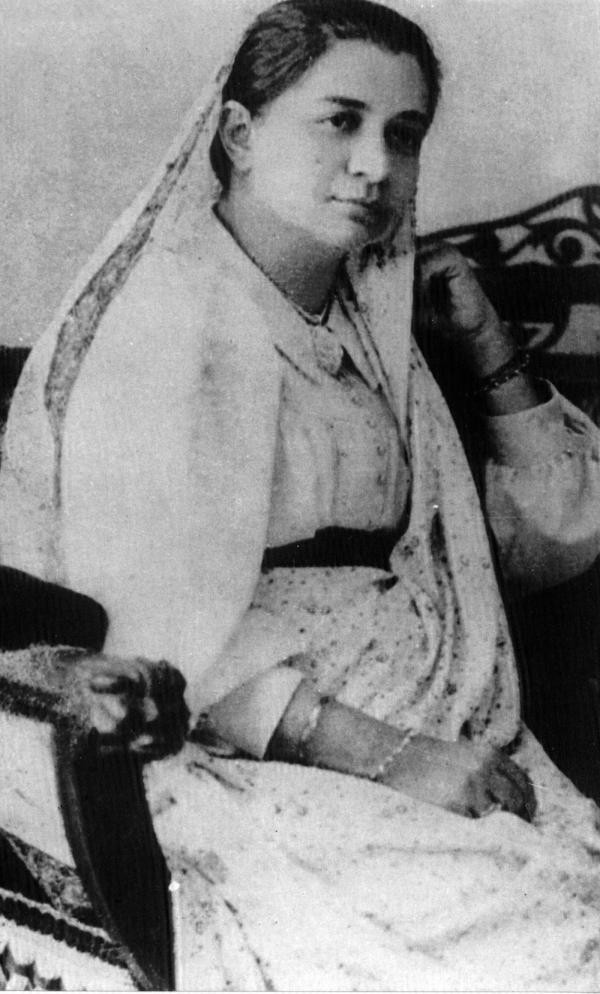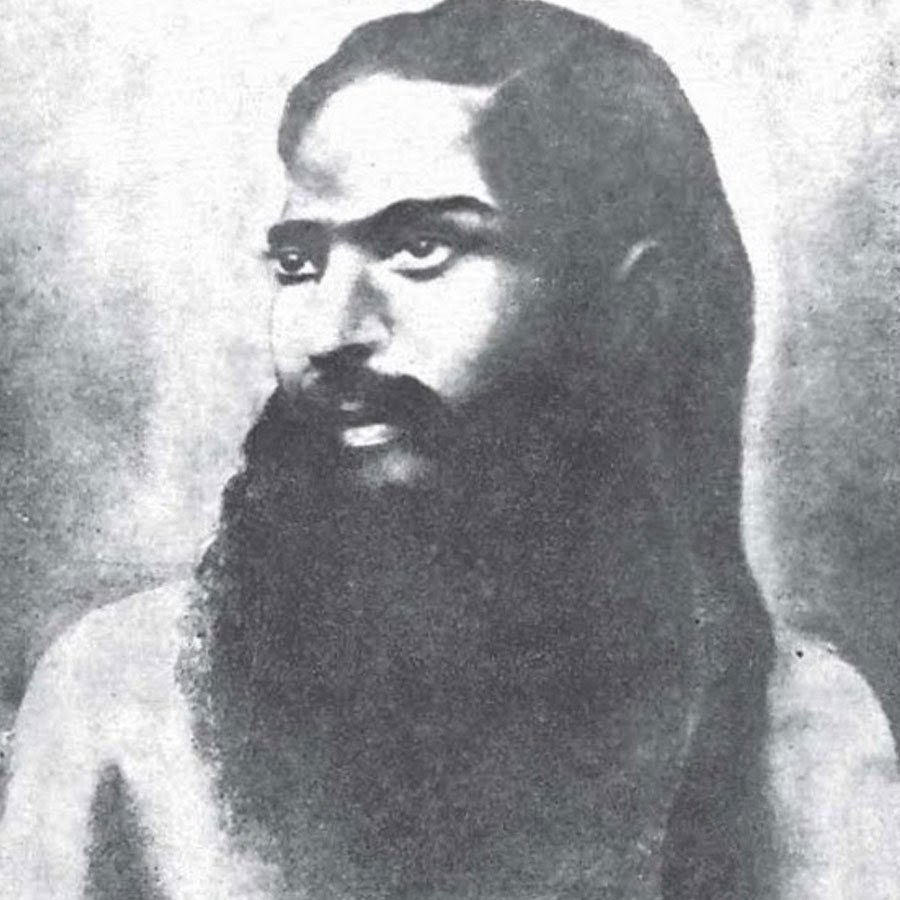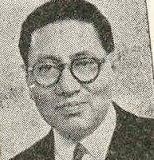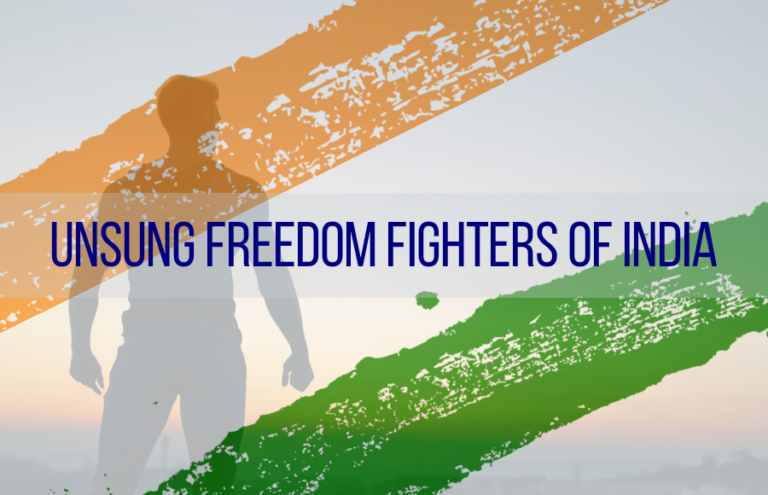On this day, 73 years ago India became Independent. But freedom wasn’t easily achieved nor was it brought single-handedly. Hundreds and thousands of Indians had to fight shoulder to shoulder against one party, the British rule. When we say freedom fighters, names like Mahatma Gandhi, Jawaharlal Nehru, Subhas Chandra Bose, etc. come expeditiously to our memory, since we’ve always been taught about them. But what about the ones who never received limelight despite giving the same amount of effort. Today on the 73rd year of freedom, let us recall the unsung freedom fighters of India.
Some among the unknown freedom fighters of India are-
Khudiram Bose (1889-1908)

Khudiram Bose, though eminent around Bengal, is lesser-known in the other parts of the country. He was the youngest revolutionary in the Indian Independence Movement and has a remarkable role in the Muzaffarpur conspiracy case. He was assassinated at the age of 18 years. His last words before being hanged were, ‘Vande Mataram’.
Matangini Hazra (1869-1942)

Matangini Hazra was born as Matangini Maity to a poor family Tamluk. She remained uneducated and hence was compelled to get married to an old man at a very young age. After the age of 18, she was completely devoted to the nation. She was an active member of the Quit India Movement and the Non-Cooperation Movement. During a procession, she continued to advance with the Indian National Flag while chanting ‘Vande Mataram’ in spite of being shot thrice.
Potti Sriramulu

Sriramulu was a dedicated Gandhi follower. Sriramulu led a comfortable life until he faced a series of personal tragedies. In 1928, his wife died during childbirth, and a few days later, so did his child, following the passing of his mother. Sriramulu gave up his government job in 1930 to join Gandhi’s Salt Satyagraha for which he was imprisoned. He played an active role in Quit India Movement in 1942 and was jailed along with Gandhiji. He took a hunger strike for 56 days supporting the formation of a separate state in India for the Telugu-speaking population from the Madras Presidency and he lost his life. He was among the unsung freedom fighters who fought for India.
Madam Bhikaji Cama (1861- 1936)

Bhikaji Cama grew up in an environment where the Indian nationalist movement was taking root, and hence she was drawn toward political issues from a very early age. She had a knack in speaking various languages, which helped her in communicating with people across India. Bhikaji was the first woman to hoist the Indian National Flag on foreign land at Stuttgart in Germany during the International Socialist Conference. She actively participated in the Non-Cooperative movement and Quit India Movement. Not only this, but she also stood for gender equality and donated all her personal belongings to an orphanage for girls.
Master Da’ Surya Sen (1894-1934)

Surya Sen was a school teacher, born in Chittagong, and was popularly known as Masterda. He had actively participated in the non-cooperation movement and his revolution inspired many other people to fight for freedom. He had been the president of the Indian National Congress of the Chittagong (now in Bangladesh). He had led the Chittagong Uprising but was later captured and tortured by the British and finally hung.
The Trio of Benoy, Badal, and Dinesh

Benoy Basu, Badal Gupta, and Dinesh Gupta were 22, 18, and 19 years old respectively when they targeted Colonel NS Simpson, a brutal Inspector General of Police and the other Britishers, in the Writer’s Building to build terror into the hearts of the British Raj. They wore European outfits to get disguised to enter the building and killed them. Later when they were caught, Benoy took cyanide pill while Badal and Dinesh shot themselves dead before being captured. The place Bibadi Bag is named after them.
Kamaladevi Chattopadhyay (1903-1988)

Kamaladevi was married at 20 and resided in London. When she heard of the Non-Cooperation Movement, led by Mahatma Gandhi, she flew back to India and united with them. She joined the Seva Dal an organization started by Gandhiji to promote social encouragement among common people. She was the first Indian woman to get arrested when she went to sell packets of salt in the Bombay Stock Exchange as a part of the ‘Salt Satyagraha’.
Birsa Munda (1875-1900)

Birsa Munda belonged to the ‘Munda’ tribe who is known to drive the tribal community against the British. He also fought against the colonial officials, seeking protection of the tribal lands. The fact that he achieved all of this before the age of 25 makes him more remarkable. Honoring him, the state of Jharkhand was created on his birth anniversary in 2000.
Prafulla Chaki (1888-1908)

Prafulla was a revolutionary, associated with the Jugantar group of revolutionaries, who aimed to assassinate the British colonials in order to bring independence. Prafulla in association with Khudiram tried to throw bombs at the carriage where the District Judge, Mr. Kingsford was supposed to be traveling but instead two British women were present and they were killed. While khudiram got arrested, Prafulla shot himself twice on his head with a revolver before being caught.
Ram Prasad Bismil (1897-1927)

Ram Prasad Bismil was linked with the Arya Samaj and was fond of the books written by Swami Dayanand Saraswati. Bismil became a member of the Hindustan Republican Association at an early age. Bismil and his other associates stopped a train at a town called Kakori. He was also known to be a great poet-writer and the poem “Sarfaroshi Ki Tamanna” is also written by him. He was given a death sentence in the Kakori case and was hanged at the age of 30.
Alluri Sitarama Raju (1897-1924)

Alluri was born in a prosperous Kshatriya family but he gave up everything for the freedom struggle. He looked after the tribal people who were harassed by the British officials. He led the ill-fated “Rampa Rebellion” in 1922-1924 with the help of other local tribals and fought against the British Raj. He looked after the tribal people who were harassed by the British officials. He was referred to as “Manyam Veerudu” (hero of the Jungles) by the local people for his bravery and courage.
Sachindra Bakshi (1904-1984)

Sachindra Nath Bakshi was a prominent Indian revolutionary belonging to the Hindustan Republican Association (HRA) that was created to carry out revolutionary activities against the British Empire in India. He participated in the Kakori train robbery and was sentenced to life for the same.
Tirot Singh (1802-1835)

Tirot Singh was chief of Khasi Hills in Shillong plateau of Meghalaya, who only had swords, arrows, and bows as ammunition to fight against the British enemy. When Britishers tried to take over control of Khasi hills, Tirot Sing declared war against them, known as Anglo-Khasi war. He died while fighting with the British during their attempt to take over the Khasi Hills.
Sambhu Dutt Sharma (1918-2016)

At age 24 years, Shambhu Dutt Sharma resigned from the British Indian Army as a civilian gazetted officer and joined Mahatma Gandhi’s Quit India Movement. He became the honorary secretary of Gandhian Satyagraha Brigade. He fasted on the demand of ending corruption and ended the fast unto death at Jantar Mantar. He had taken part in several satyagrahas with Mahatma Gandhi during the struggle for independence and has been to jail many times.
Batukeshwar Dutt (1910-1920)

Batukeshwar Dutt was involved in the Central Legislative Assembly Bombing Case along with Bhagat Singh to protest against the trade dispute bill. He also raised the slogan “Inquilab Zindabad”. When they were arrested for the act, they went on a hunger strike to protest against the foul treatment of Indian prisoners.
However busy we may be, we must always admire the souls who never put a second thought to put the country before their lives. We will forever cherish the gift of freedom offered by our brave freedom fighters and remain united under one termed community– Indians.
Jai Hind!!
![]()



